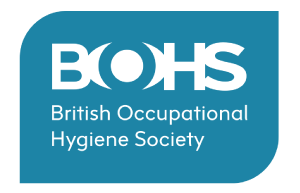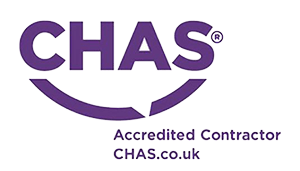Call the experts on: 01706 878 330
We previously wrote about Legionella Testing in Workplaces and the importance of checking water systems for Legionella bacteria that can cause Legionnaires’ Disease. Today, we are talking about Legionella Testing in Schools. The summer holidays see all schools close, with very few staff around. This means taps and water outlets can be left unused for weeks, leading to stagnation of the water, which can encourage the growth of Legionella bacteria. Legionella Testing in Schools is very important to ensure staff, students, and visitors are safe from the effects of Legionnaires’ disease.
Legionnaires’ disease is a form of pneumonia caused by any type of Legionella bacteria. You can catch Legionnaires’ disease if you breathe in droplets of water containing the bacteria that causes infections. It is usually found in air conditioning systems, showers, taps, or toilets.
The Health & Safety Executive (HSE) L8 Approved Code of Practice deals with the control of Legionella and states that water sourced from your hot and cold water systems should either be above 50oC within one minute at the hot tap, or below 20oC after two minutes for the cold water. This is to reduce the chance of Legionella bacteria growing in your water system.
Legionella risk assessments provide an essential starting point in helping to understand the potential problems present to those in a school.
Many older schools have a high Legionella risk profile, given the complexity of their facilities. There may be numerous water tanks, calorifiers, and other equipment dotted around the school site rather than within a central plant room which can be found in a modern purpose-built school. The general rule when assessing the risks is the more complex the plumbing, the higher the risk of Legionella.
Beta Group’s engineers would carry out a survey of the site to check whether some areas are at greater risk of Legionella bacteria growing. Any areas that generate a water spray that could be inhaled would be classed as a risk. Similarly, taps, shower heads, drinking fountains, and other outlets that are infrequently used during the summer holidays would be also be at risk of growing Legionella bacteria.
Schools, colleges, and universities will need to conduct their own risk assessment for Legionnaires’ disease to identify the specific risks present within the different buildings.
A major risk factor for Legionella is low turnover of water, which generally happens during the summer holidays. Beta Group advises all our clients to have a process in place for keeping the water system in use to reduce the chance of Legionella bacteria growing in a water system. The advice includes a flushing schedule, where all water outlets are flushed at least once a week, with records being kept ensuring water outlets are being flushed when schools are closed.
The first thing a school should establish are the roles and responsibilities for Legionella control. The HSE stipulates that there must be a nominated person – the dutyholder – who has ultimate responsibility for ensuring that Legionella control measures are in place.
HSE’s L8 Approved Code of Practice states: “The dutyholder is responsible for ensuring the risk assessment is carried out. The dutyholder is the person who is in control of premises and must ensure that the person who carries out the risk assessment and provides advice on prevention and control of exposure must be competent to do so.”
In most schools, the dutyholder is the head teacher and/or the maintenance manager, meaning that they bear the burden of ensuring day-to-day implementation of Legionella control measures.
Beta Group carries out a range of plumbing services for educational establishments, visiting schools on a monthly, quarterly, and annual basis.
Before the start of a new term, our engineers visit schools across the north west to thoroughly flush all tanks, calorifiers, and associated outlets, removing any possibility of Legionella bacteria being within the water system when staff and students return to school.
Every month, our engineers monitor water temperatures as outlined by the L8 Approved Code of Practice. Alongside this, every three months, our engineers take water samples to ensure all water flowing through the system is safe to use. Once a year, we will also carry out full chlorination of water tanks and water outlets to disinfect the water and remove germs and bacteria.
All work carried out by Beta Group is in compliance with Health and Safety regulations. If you are unsure about your water systems and need to get it tested for Legionella, contact us immediately on 01706 878 330 or use our Contact Form.









